Complications in IUI

“Never give up on a dream to accomplish parenthood…
You are not alone!”

Medically, Infertility is defined as a medical condition that can cause psychological, physical, mental, spiritual, and medical detriments to the patient and the partner. 21st century has seen thousands of couples seeking reproductive assistance because they want a child and find it difficult to become pregnant.
Despite growing access to infertility treatment facilities and experts, coping with infertility is one of the toughest challenges that women across the globe face. Across nations, couples are facing the infertility heat. As per the latest figures released by AIIMS, about 10-15 percent of couples in India have fertility issues.
Further, studies conducted by ISAR suggested that approximately one in six couples, in urban India are impacted by infertility. Though infertility does not differentiate between a male and female, in India, usually the woman is held responsible. Often, they find it tough to come to terms with the fact that they are unable to conceive, further leading to emotional stress, social stigma and health issues.
Treatment for Infertility
Male
- • Changing Lifestyle Factors
- • Medications
- • Surgery
- • Sperm Retrieval
Female
- • Stimulating ovulation with fertility drugs
- • Surgery to restore fertility
- • Assisted Reproductive Technology:
- Intrauterine Insemination (IUI)
- In vitro fertilization (IVF)
- Intracytoplasmic sperm injection (ICSI)
- Assisted hatching
- Donor eggs or sperm
- Gestational carrier
In this blog we further discuss the procedure and safety measures of IUI as a treatment option.
Procedure involved in IUI
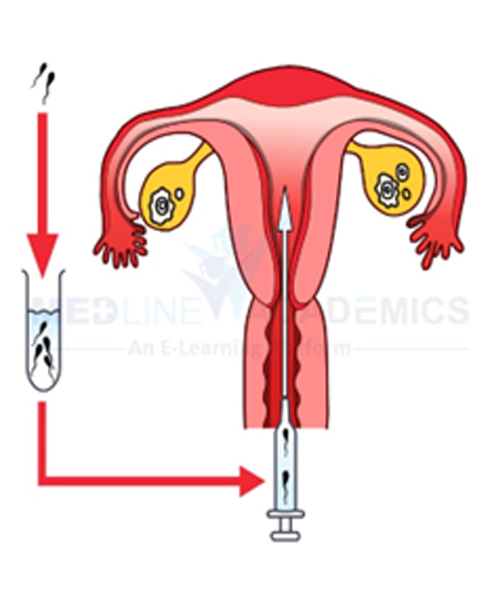
IUI is often considered the first line treatment for an unexplained infertility, endometriosis and male factor infertility. Are you undergoing an intrauterine insemination process soon??? Let us take you through the theoretical procedure here. The IUI cycle frequently includes taking medication to stimulate the ovaries to produce eggs, then through a simple procedure directly inseminating the processed sperm into the uterus at the time of ovulation. Generally, IUI involves two little steps which is, medication before the insemination for stimulating the growth of eggs and then injecting the sperm directly inside the uterine cavity.
- Know what to expect:
- • Stimulate Egg Growth
- • Ultrasound & Blood Monitoring
- • Ovulation Induced
- • Insemination Procedure
- • Follow-Up
Is IUI Safe?
Absolutely! IUI is an extremely safe option for couples dealing with infertility. Being the primary treatment option for curing infertility, Intrauterine Insemination is widely recommended. The success rate of an IUI procedure is around 10-15% in combination with fertility medications for the female counterparts. However, the success rate varies depending on the underlying cause of the infertility.
Benefits of IUI
- • Less Invasive
- • Less expensive when compared to other ART procedures
- • Lesser doses of induced ovulation hormones
- • IUI does not require anesthesia
Disadvantages of IUI
- • Cannot be used for tubal factors
- • Very low success rates
- • Side effects of induced ovulation drugs
- • Risk of multiple pregnancies
Side Effects

Hot Flashes

Mood Swings
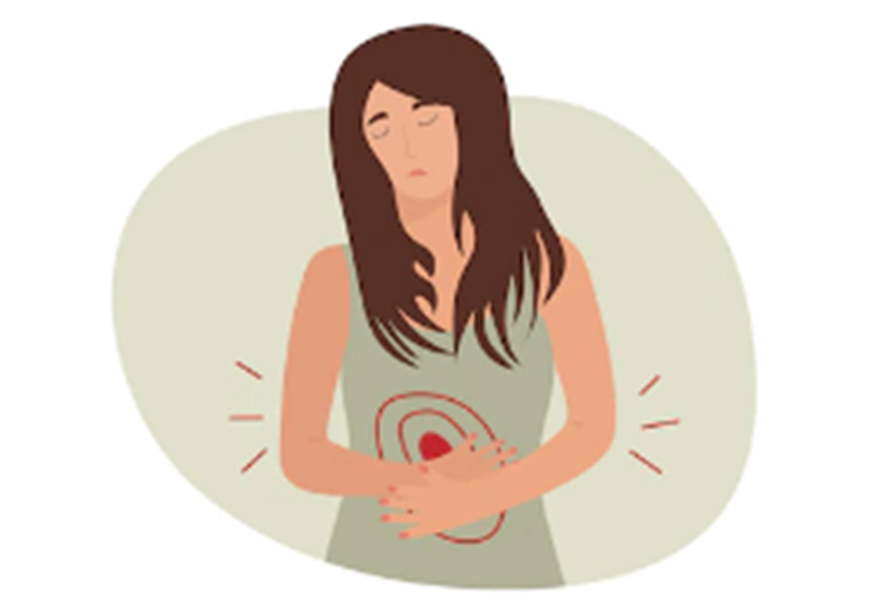
Pelvic Discomfort
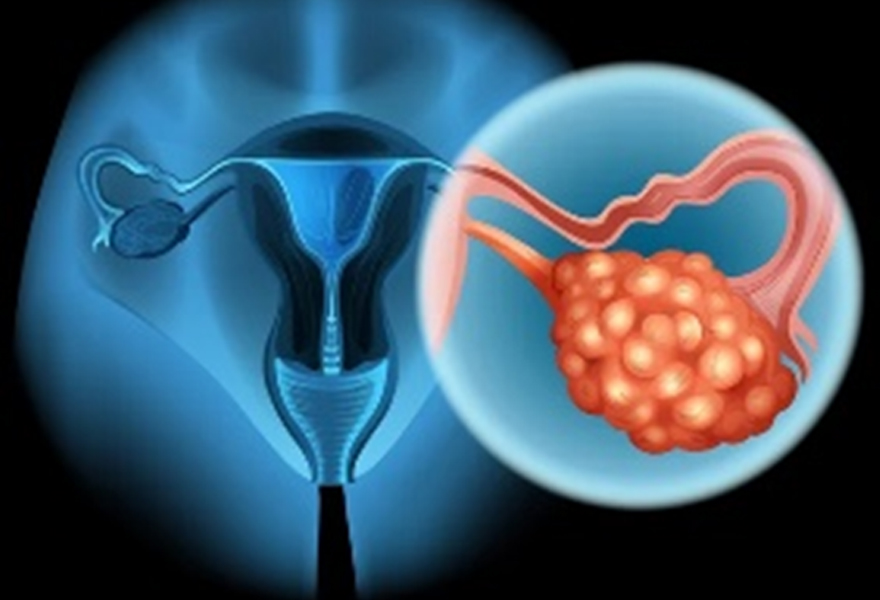
Ovarian Cysts

Depression

Nausea and headache
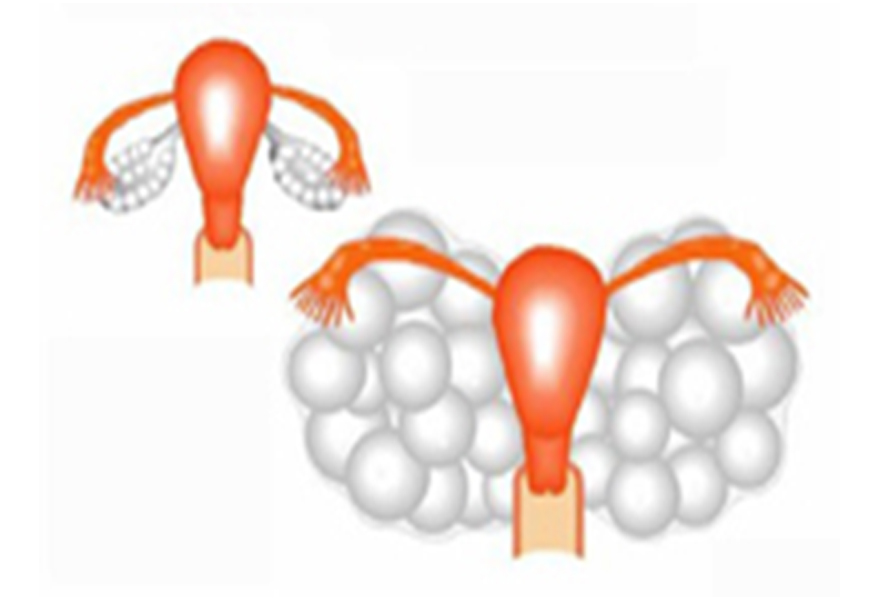
Ovarian Hyperstimulation Syndrome (OHSS)
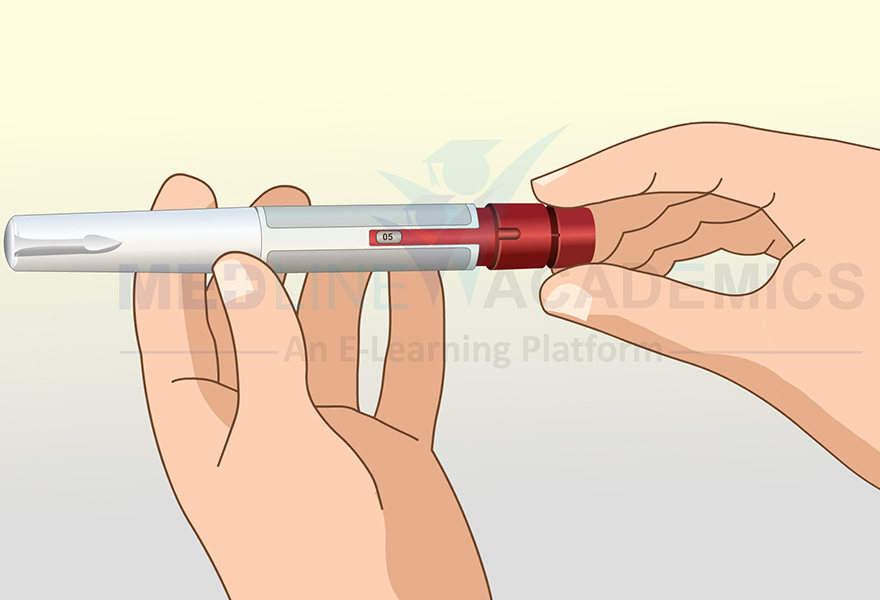
Swelling and rash around the injection site
India being the world’s second most populous country is now coming to terms with the problem of infertility and finds it hard to acknowledge the issue. We need fertility specialists now more than ever, and the best place to be trained in the field of infertility is Medline Academics- one of the best IUI training institute in Bangalore. Basic Infertility course covers every aspect of infertility assiduously. The finest treatment procedures require the premier IUI training program. So, why wait??? Enroll Now! Psst! You can also register for our online Basic Infertility training and get the maximum benefit of learning from your comfort zone.
